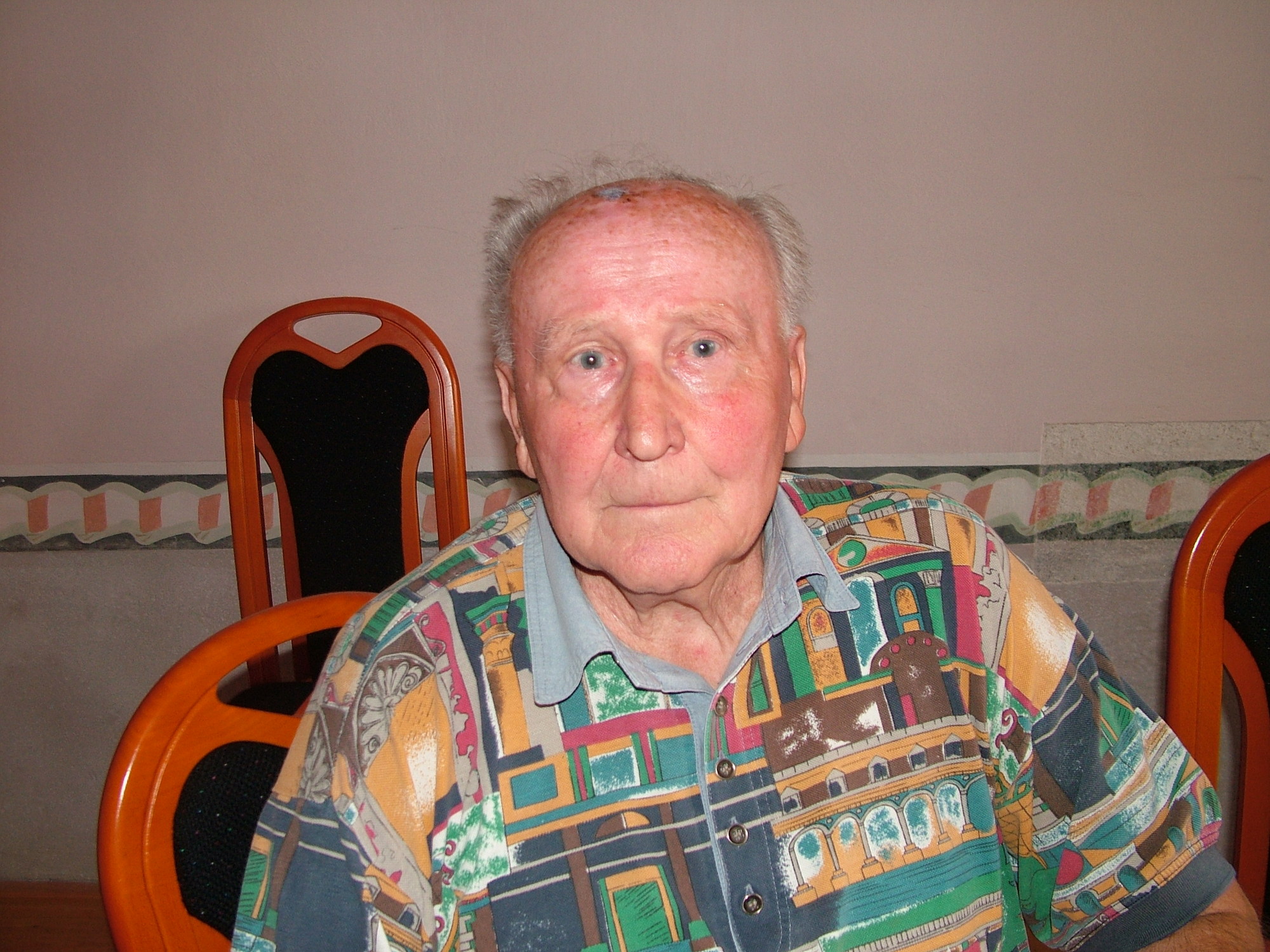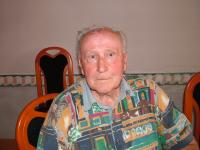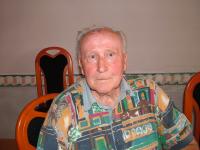“I act according to what is proper and just, all people should actually act this way.”

Download image
Leo Cieslík (born Cieslig) was born April 14th, 1929 in Markovice , Ratiboř district, in what was then German Silesia (at present part of Poland). His father worked as a locksmith and his mother was a housewife. The family of five children was German. During the war Leo Cieslig attended the Hitlerjugend, because participation was required for German children. As the war front advanced, the family was evacuated to Dresden; however, Leo got off the train in Opava. He apprenticed at a railway station, but did not have time to pass the apprenticeship exam, because the war ended. As a German child he was arrested and transported to a refugee camp in Blatná. At Blatná he witnessed many incidents of violence being done to the captives by the Red Army soldiers; he himself, as a member of the Hitlerjugend was to be executed by the members of the National Guard with the other fifteen-year-old boys. After the intervention of American soldiers the execution was not carried out. After the war, the family was forced to accept Polish citizenshi and Leo had to work without pay. The family lived in great poverty. Therefore in 1946 the whole family decided to move to Hlučín and in search of work they eventually settled in Krnov, where Leo has been living until now. In 1949 he began working in the Svit factory as a milling-machine operator, later he was promoted to the position of a controller, then a team leader and a workshop manager. In 1989 he retired. He was also active as a volleyball player, represented his town in volleyball tournament, and later served as a referee.

